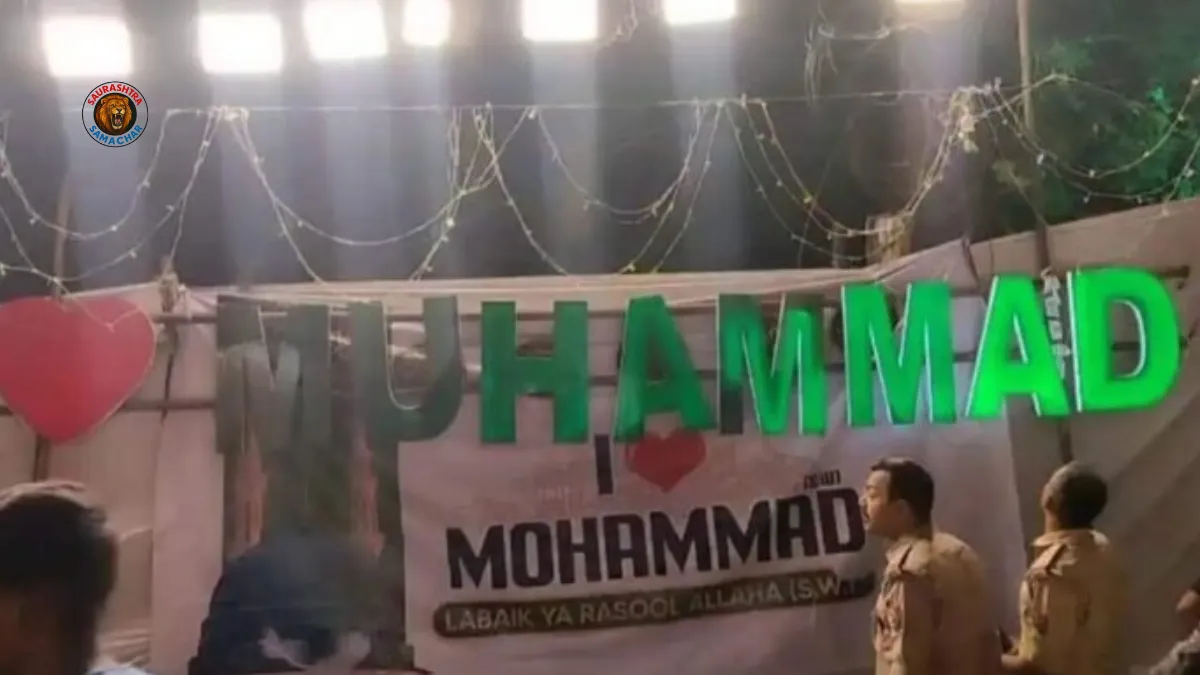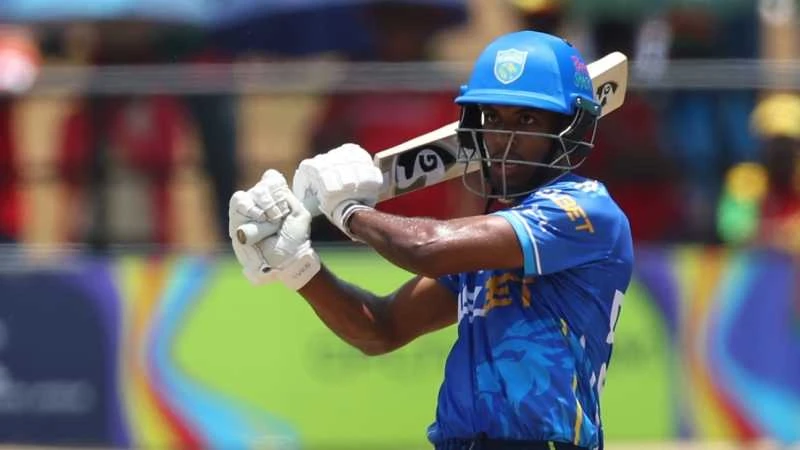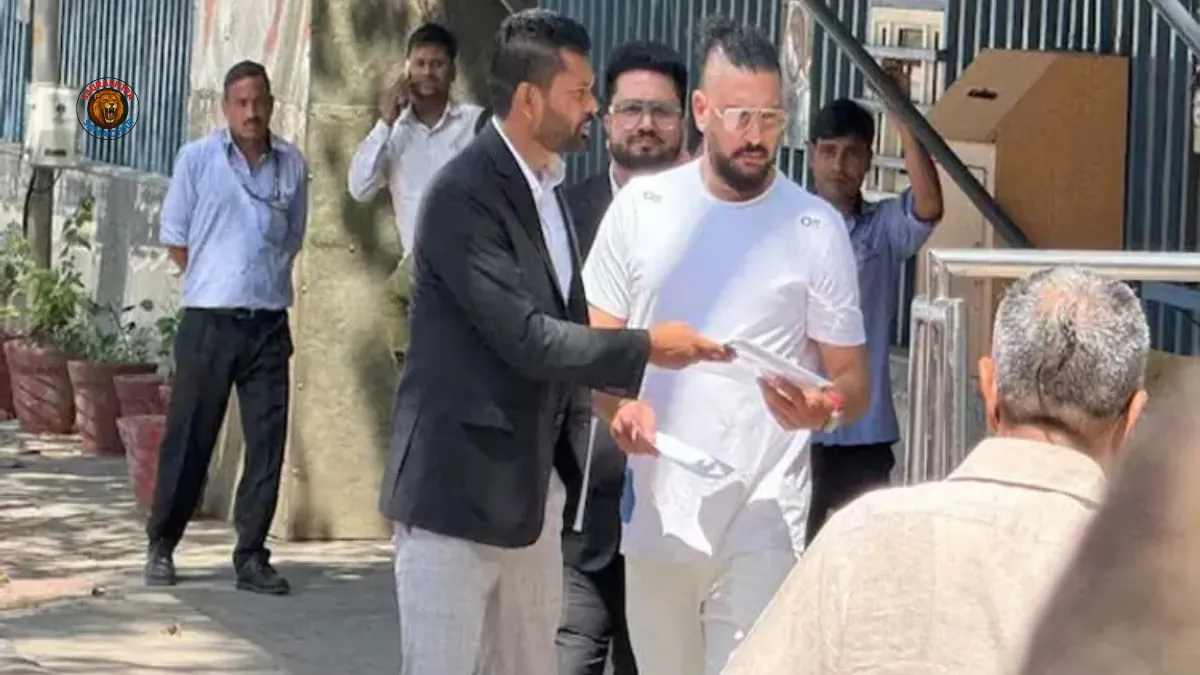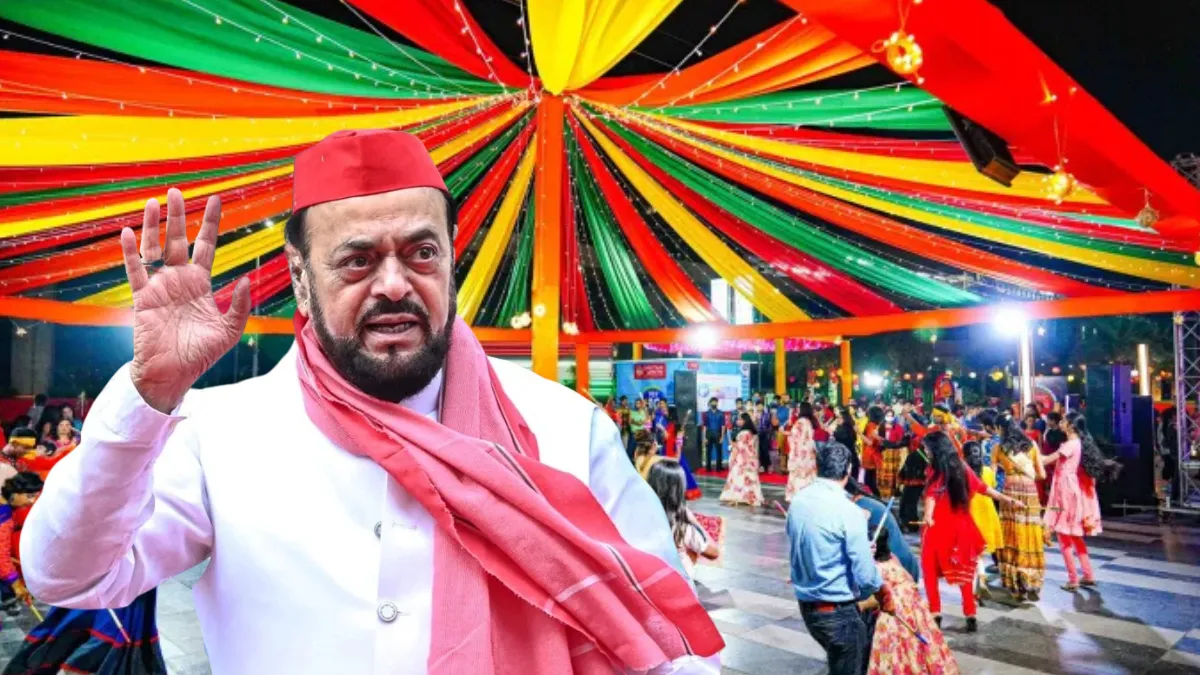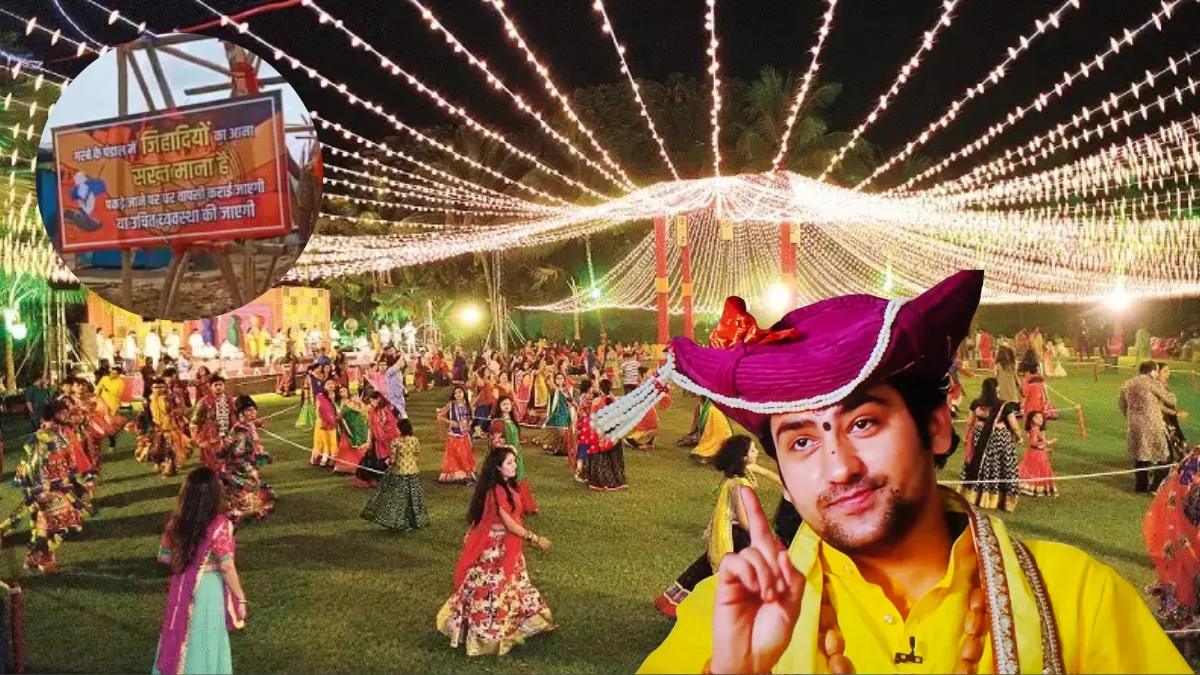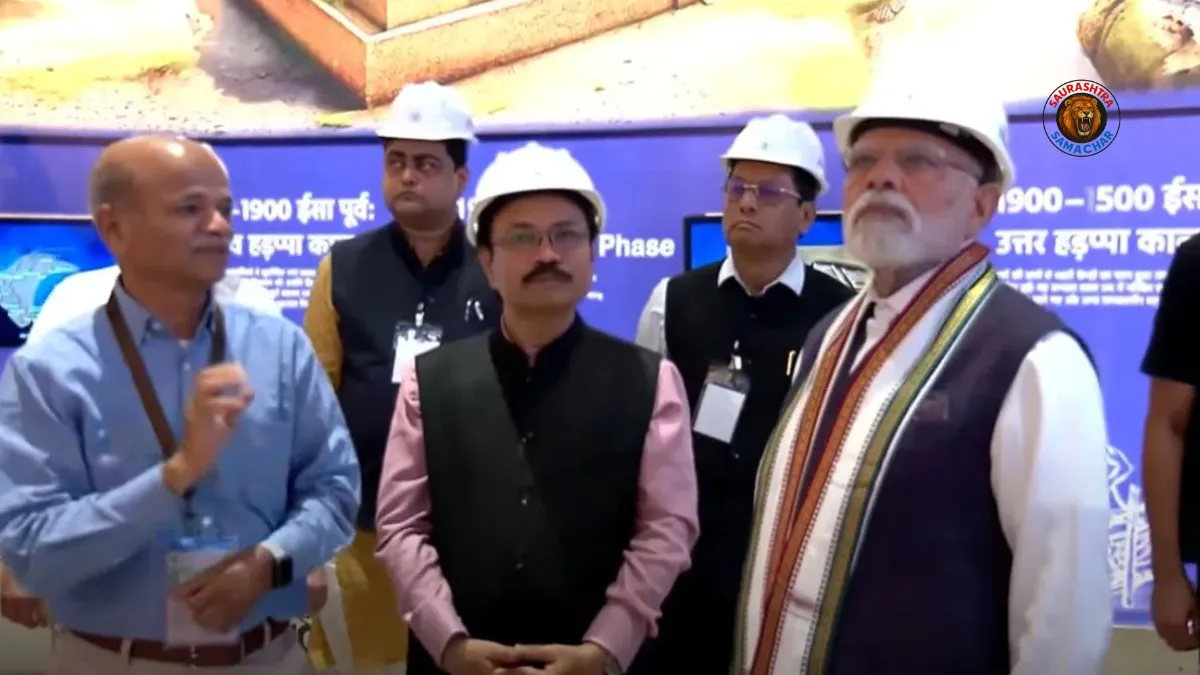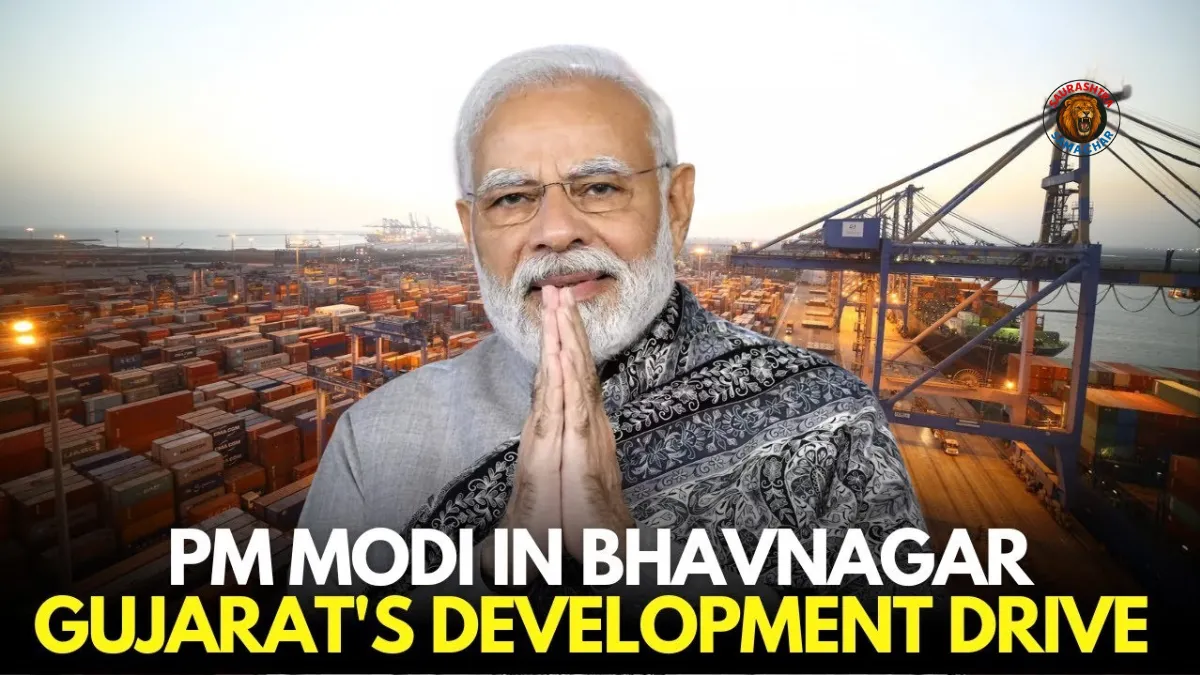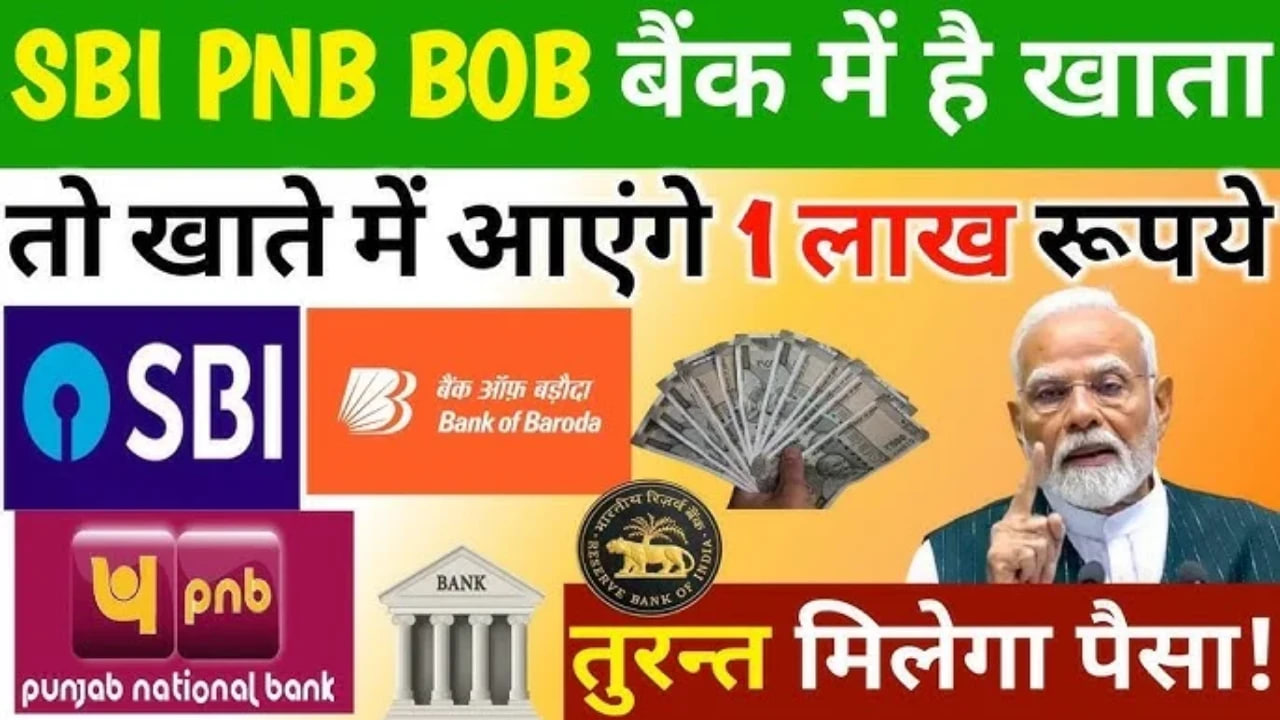Kanpur, Uttar Pradesh (India):
A major controversy has erupted in Kanpur after banners with the message “I Love Muhammad (Peace Be Upon Him)” were displayed during Eid Milad-un-Nabi celebrations. According to police, cases have been registered against five identified and fifteen unidentified individuals for installing these banners. The issue has quickly gained attention, sparking nationwide debate on freedom of expression, religious harmony, and alleged bias in administrative action.
The matter became part of the trending discussion under the theme “i love muhammad news”, as it highlighted the clash between community sentiments and law enforcement practices.
The Background of the Controversy
During Eid Milad-un-Nabi, which marks the birth anniversary of Prophet Muhammad (Peace Be Upon Him), Muslim community members in Kanpur put up banners reading “I Love Muhammad (PBUH)”. While for them it was an expression of love and devotion, a section of people objected to the display.
Based on these objections, local police intervened, removed the banners, and registered a case. Officials claimed such banners had “never been displayed before” and considered it a new tradition that could spark tension.
This action, however, triggered strong reactions from community leaders, particularly Hazrat Syed Mohammad Ashraf Kichhouchhwi, Chairman of the World Sufi Forum and President of the All India Ulama and Mashaikh Board.
Sufi Leader Defends Expression of Love
Reacting sharply to the development, Ashraf Kichhouchhwi questioned the legality and morality of filing cases against people for publicly expressing their devotion.
“If declaring love for Prophet Muhammad is a crime, then we are ready to commit this crime a million times,” he said, adding that no law in India forbids expressing such emotions in a peaceful way.
He insisted that displaying “I Love Muhammad (PBUH)” banners is well within constitutional rights. According to him, it was unjustified for police to treat such expressions as unlawful.
Allegations of “State-Sponsored Terrorism”
Kichhouchhwi did not stop at questioning legality but went further, accusing authorities of indirectly supporting divisive forces.
He said:
“When police act beyond the law to support hate-mongering groups, it amounts to state-sponsored terrorism. Some elements are working to break brotherhood and spread hatred. If the administration collaborates with them, it will only destroy communal harmony.”
Such strong words have added fuel to the debate, with many now questioning whether law enforcement acted impartially or bowed under pressure from extremist voices.
Police Version of the Incident
Police officials defended their action, stating that banners of this kind had never been seen before during religious events in the area. They treated the move as an unprecedented practice that might provoke objections from other groups.
Hence, the police justified their decision to remove the banners and register cases against individuals involved. Five people have been named in the FIR, while fifteen others remain unidentified.
Broader Concerns Raised
The controversy is not just about one set of banners. Community leaders believe it reflects a larger pattern of discrimination.
Kichhouchhwi said that in several incidents across India, police are either seen acting as silent spectators or allegedly siding with groups that spread communal hatred.
“This is dangerous for our society and weakens the nation. Such bias shakes people’s faith in institutions. Both central and state governments must seriously reflect on this trend,” he urged.
Economic and Social Implications
Interestingly, the Sufi leader also connected the issue to broader socio-economic conditions.
He highlighted that India is already facing a period of global economic slowdown, with weak markets and struggling businesses. At such a time, internal unrest and communal conflicts only harm the country further.
“If instability and unrest spread, the economy will suffer more. People must realize that when hatred becomes fire around us, no one stays safe. Even a small breeze can turn into a disaster,” Kichhouchhwi warned.
This statement linked the i love muhammad news controversy with wider concerns about India’s future stability and growth.
Demand for Action Against Police Officer
The Sufi board chairman has called upon the Chief Minister of Uttar Pradesh to intervene and take immediate action. He demanded strict punishment for the police officer who registered what he termed as a “baseless case”.
At the same time, he urged authorities to deal firmly with those spreading hatred under the cover of religion.
“Love for Prophet Muhammad Cannot Be Silenced”
In his concluding remarks, Kichhouchhwi made it clear that no force could stop Muslims from expressing their devotion to Prophet Muhammad (Peace Be Upon Him).
“This action clearly shows that targeting Muslims is the real motive. But if loving our Prophet is considered a crime, then we will continue to commit this crime throughout our lives. As long as we breathe, our slogan will be: I Love Muhammad (PBUH).”
This powerful declaration has now become a rallying cry for many, with “i love muhammad news” trending on social platforms and sparking debates across the nation.
Why This Incident Matters
- Freedom of Expression:
The controversy raises important questions about how far citizens can go in peacefully expressing their religious identity. - Role of Police:
Critics argue that police must act neutrally, not under pressure from any group. - Social Harmony:
Actions that seem biased can create deeper divides in society, which may be hard to repair. - Global Impact:
In an interconnected world, such incidents quickly attract international attention, influencing India’s image abroad.
Conclusion
The Kanpur incident shows how a simple act of displaying “I Love Muhammad (PBUH)” banners during a religious festival turned into a legal and political controversy. For community leaders, it is not just about banners but about the right to love, express, and practice faith without fear.
As the matter unfolds, all eyes are now on the Uttar Pradesh government and law enforcement agencies. Will they address the concerns raised by religious leaders, or will the controversy deepen the trust deficit between communities and authorities?
For now, one message rings clear from the Muslim community:
“Our love for Prophet Muhammad is eternal. No power can silence that love.”
